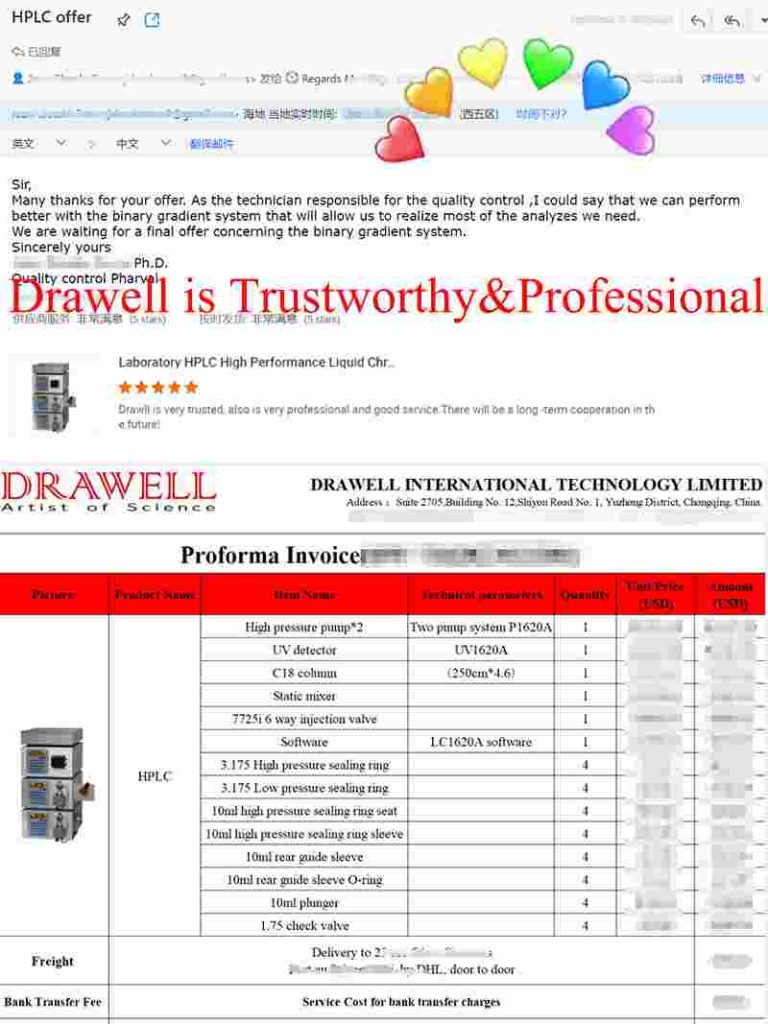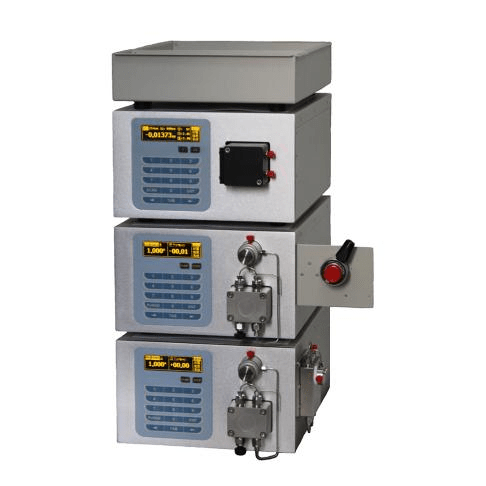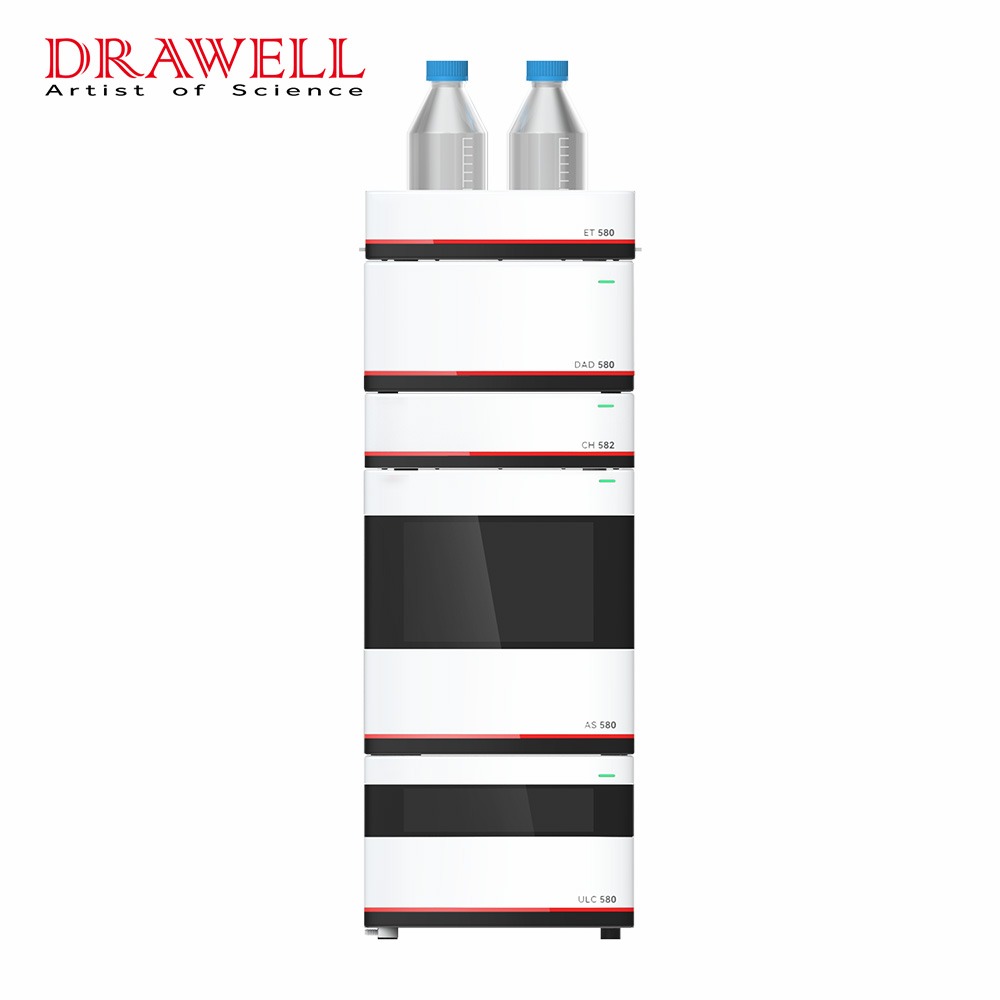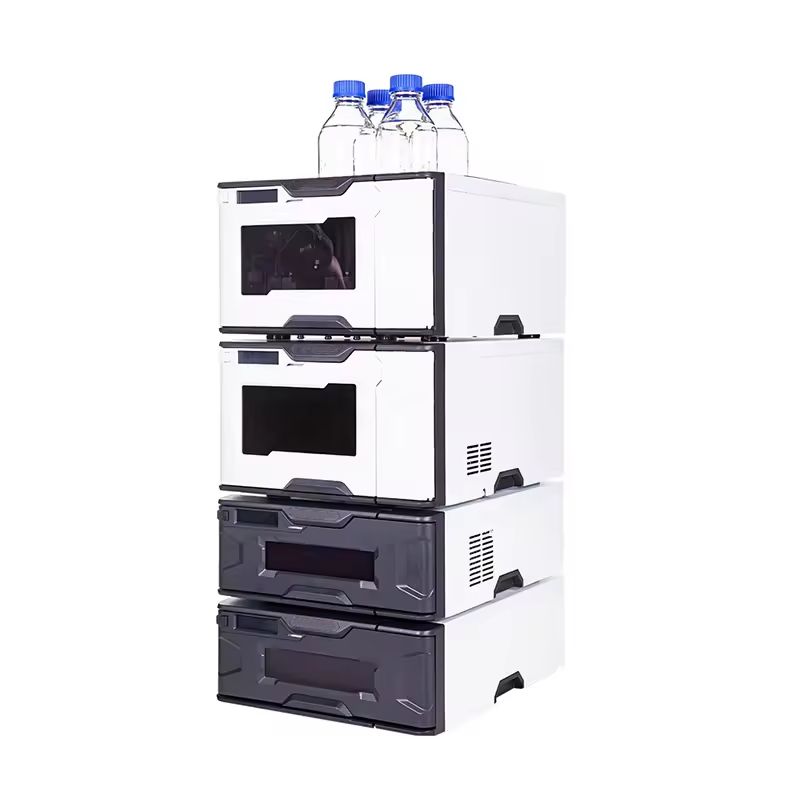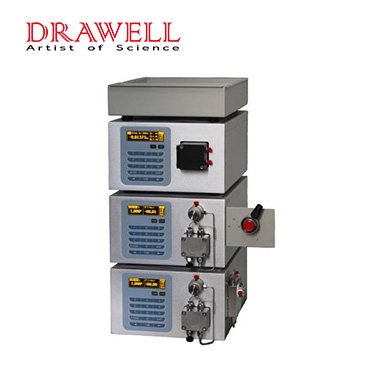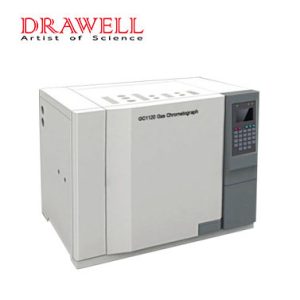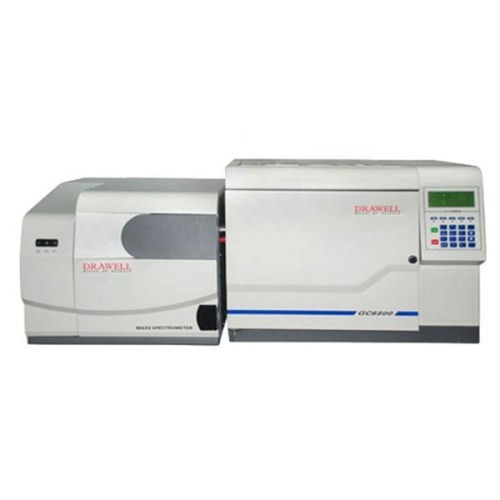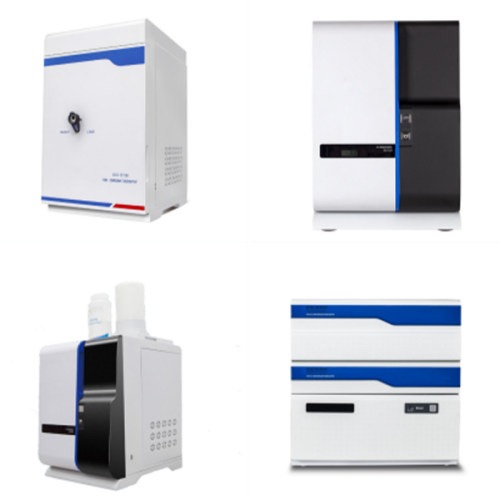High-Performance Liquid Chromatography (HPLC)
What is High-Performance Liquid Chromatography?
High-Performance Liquid Chromatography (HPLC) is an instrument that applies the principles of high-performance liquid chromatography and is mainly used to analyze organic compounds with a high boiling point, non-volatile, thermally unstable, and large molecular weight.
Components: It consists of a reservoir, pump, sample injector, chromatographic column, detector, recorder, and other parts.
Applications of High-Performance Liquid Chromatography
- Life sciences
- Drug analysis
- Environmental research
- Petrochemical products analysis
- Food analysis: food composition analysis, food additive analysis, food contaminant analysis.

Customer Feedback of High-Performance Liquid Chromatography
